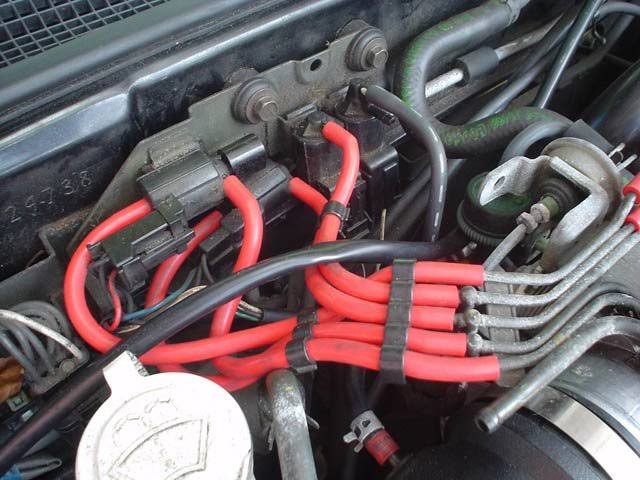Discover the significance of vacuum pipes in engines, controlling fuel systems, brakes, and emissions. Learn how to maintain and optimize their performance for a smooth-running vehicle.
Vacuum pipes, also known as vacuum hoses, are an important component in the engine of many vehicles. They are used to transfer air and vacuum pressure to various parts of the engine, helping to control functions such as the operation of the fuel system, power brakes, and emission control systems. In this article, we'll take a look at what vacuum pipes are, how they work, and why they are important.
What are Vacuum Pipes?
Vacuum pipes are flexible tubes that are connected to the engine's intake manifold and other parts of the vehicle. They are typically made from rubber or plastic and are designed to transfer vacuum pressure from one location to another. Vacuum pipes are an essential component in many engine systems, and they play a critical role in the operation of the engine.
How do Vacuum Pipes Work?
Vacuum pipes work by transferring vacuum pressure from the engine's intake manifold to other parts of the engine. The engine's intake manifold creates a vacuum as the pistons move, and this vacuum is used to control various functions within the engine. For example, vacuum pressure can be used to control the operation of the fuel system, power brakes, and emission control systems.
Why are Vacuum Pipes Important?
Vacuum pipes are important because they play a critical role in the operation of many engine systems. They help to control the operation of the fuel system, power brakes, and emission control systems, ensuring that these systems function properly and efficiently. Without vacuum pipes, these systems would not be able to operate correctly, leading to decreased engine performance and increased emissions.
In addition, vacuum pipes are important because they help to prevent leaks in the engine. Over time, vacuum pipes can become worn or damaged, leading to leaks in the vacuum system. If a vacuum leak occurs, it can cause engine performance problems, decreased fuel efficiency, and increased emissions. Regular inspection and replacement of vacuum pipes can help to prevent these problems and ensure that the engine continues to run smoothly.
How to Maintain Vacuum Pipes
To maintain vacuum pipes, it's important to have them inspected regularly and replaced as needed. A qualified mechanic can check for any signs of wear or damage, and replace any damaged or worn vacuum pipes to ensure that the engine continues to run smoothly.
In addition, it's important to keep vacuum pipes free from oil and other contaminants, as these can cause the pipes to become clogged or damaged. Regular cleaning of vacuum pipes can help to prevent clogging and other problems, ensuring that they continue to function correctly.
In conclusion, vacuum pipes are an important component in the engine of many vehicles. They play a critical role in the operation of the fuel system, power brakes, and emission control systems, and they help to prevent leaks in the engine. To maintain vacuum pipes and ensure that they continue to function correctly, it's important to have them inspected regularly and replaced as needed, and to keep them free from oil and other contaminants

Comments (0)
Please login to join the discussion
Be the first to comment on this article!
Share your thoughts and start the discussion